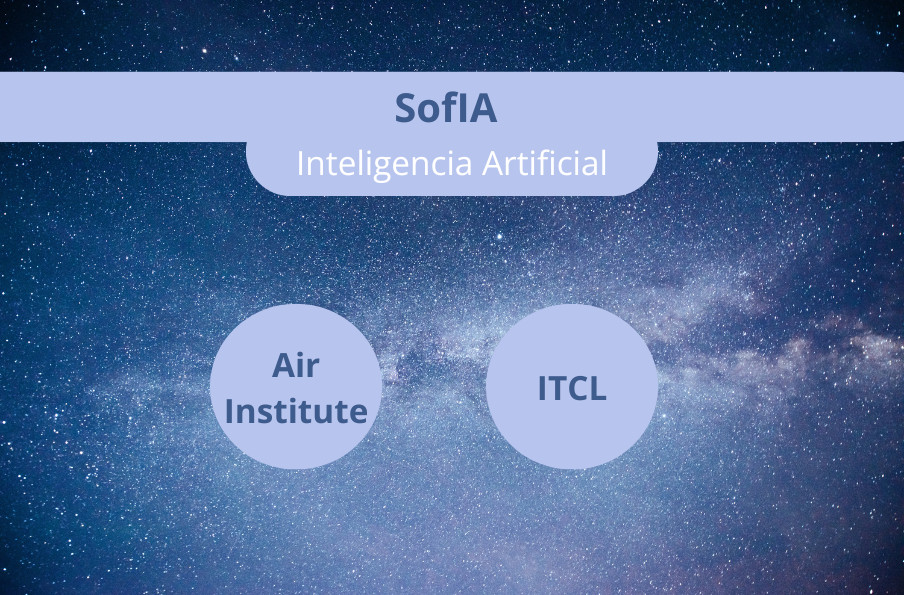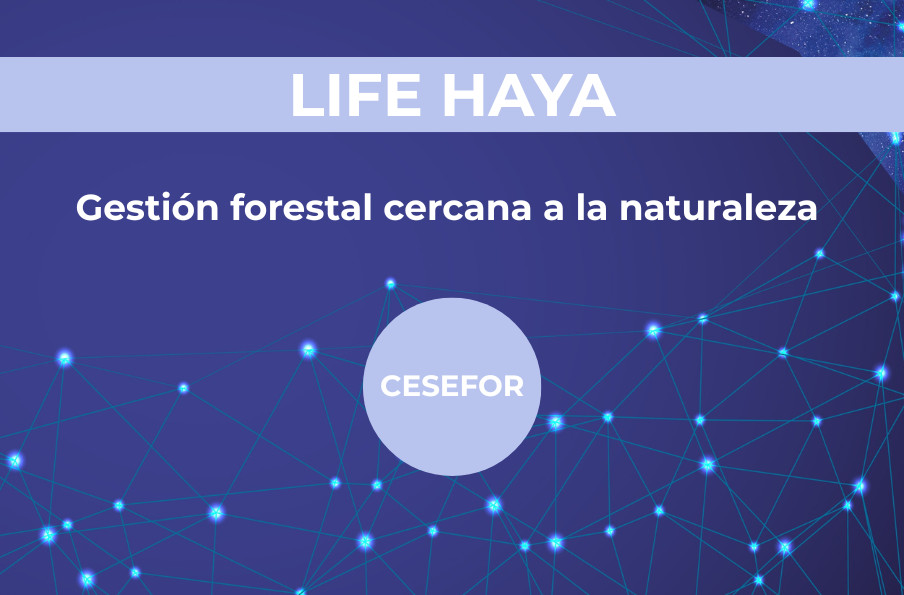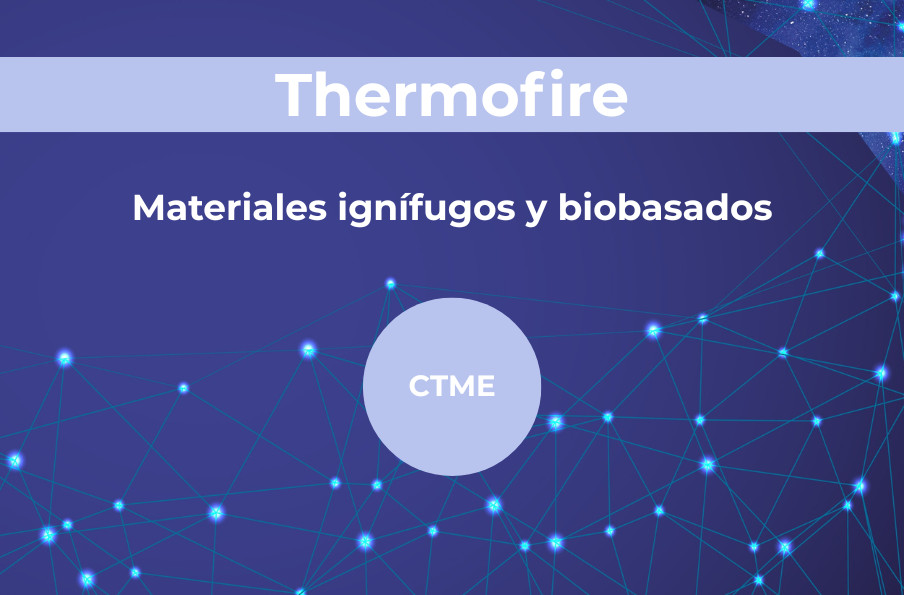Driving the health revolution, NODDO and the Technology Centers of Castilla y León are leading the way with technological innovations that are setting a new paradigm in quality of life and medical care.
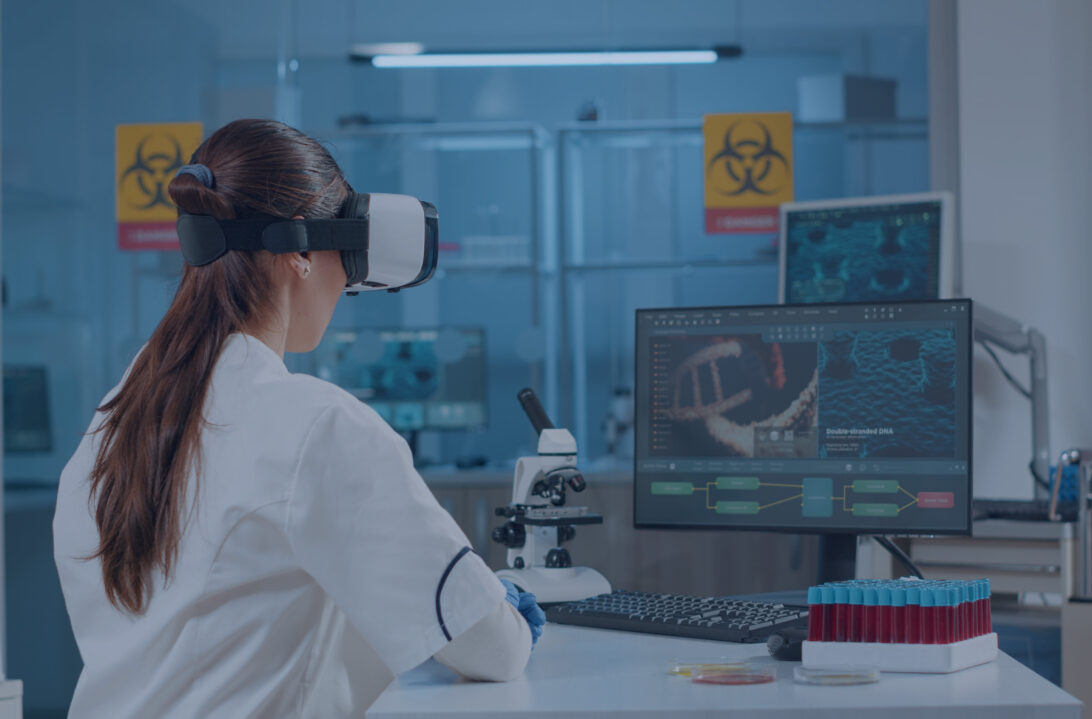
They focus on developing advanced technological solutions, such as more precise diagnostic devices, personalized treatments and remote health monitoring systems. By fostering collaboration between researchers, clinicians and companies, these technology centers accelerate the transfer of scientific discoveries to patient care, thereby improving the efficiency and effectiveness of healthcare services.
This synergy between innovation and practical application is vital to meet current and future healthcare challenges, benefiting both patients and healthcare professionals.
You can consult the solutions implemented by the Technology Centers in the links of the technological lines:
New technologies and the future of technology in the area of health and quality of life
The evolution of new technologies in the healthcare area is marking a promising and transformative future.
Innovations such as artificial intelligence (AI), robotics, and telemedicine are redefining diagnostic and treatment methods, offering faster, more accurate and personalized solutions.
The integration of big data in healthcare enables the analysis of huge volumes of information, improving the prevention and management of chronic diseases. In addition, wearable and connected devices are facilitating continuous health monitoring, promoting better quality of life and greater patient autonomy.
These technologies offer unprecedented precision and efficiency in a variety of areas, from robotic-assisted surgeries to remote patient monitoring and health data management through digital platforms.
Its implementation not only improves the quality of medical care, but also optimizes the patient experience, personalizing treatments and accelerating recovery processes.
The integration of these technological innovations promises a future where healthcare is more accessible, effective and patient-centered.
The impact of technology on patients’ quality of life
The impact of technologies on patients’ quality of life is significant and multifaceted.
With advances such as telemedicine, patients enjoy more convenient access to medical care, which is especially valuable for those in remote areas or with limited mobility.
Remote monitoring and wearable devices, those designed to fit somewhere on the body and perform specific technological functionality, allow constant monitoring of chronic conditions, enabling early interventions and reducing hospital visits.
Digital technologies also offer more personalized and efficient treatment options, leading to better health outcomes and faster recovery. These innovations not only improve disease management, but also enhance patients’ independence and overall well-being.
At NODDO, together with the talent of the Technology Centers of Castilla y León, we promote projects for early diagnosis, prevention and personalized and precision medicine, in line with the latest trends in digital health, collaborating with the sector to offer solutions to support health, hospital and care work, with the aim of improving patient care and well-being.
Current challenges and future challenges on innovative technologies for health care
Today’s challenges in innovative healthcare technologies require a multidisciplinary and collaborative approach among technology developers, healthcare professionals, policymakers and patients to ensure that technological innovations effectively improve health and quality of life.
In the future, these technologies are expected to face challenges related to ethics in AI, sustainability of digital health solutions, and efficient management of the growing volume of healthcare data.
Data integration and management to effectively handle and analyze large volumes of healthcare data.
Privacy and security to protect the privacy and security of patient data, especially with the rise of telemedicine and remote monitoring.
Access and equity to ensure that technological innovations are accessible and equitable for all populations, avoiding disparities in health care.
Adoption and adaptation for the incorporation of new technologies in clinical settings and training of medical personnel to adapt to these tools.
Development of ethical, accurate and effective AI and Robotics for clinical applications.
Maintain sustainability of digital health solutions, including cost and resource management.
Ethical and regulatory challenges to comply with evolving regulations in digital health.
From NODDO we understand that the priority is to improve the health and quality of life of people through the use of digital and robotic technologies in health, hospital and care work, and therefore we promote, together with the Technological Centers of Castilla y León, innovative projects that provide customized solutions to improve the health and quality of life of all.
Innovative technology solutions for health and quality of life
NODDO and the Technology Centers of Castilla y León play a crucial role, and are instrumental in the advancement of health and quality of life. Their focus on research and development has led to the creation of innovative technological solutions that significantly improve healthcare. These centers combine expertise and cutting-edge technology to address healthcare challenges, demonstrating their critical importance in the modern healthcare landscape.
Innovative technological solutions in health and quality of life span a wide spectrum, from telemedicine applications that improve access to medical care, to remote monitoring devices that allow patients to proactively manage their health. Artificial intelligence and big data analytics are used for more accurate and personalized diagnoses, while robotics and biotechnology advance the creation of more efficient prosthetics and treatments. These innovations not only improve health outcomes, but also enhance patients’ independence and well-being.
The Technology Centers of Castilla y León provide innovation, knowledge and technological resources that are essential for improving people’s lives.
Below, we describe the key areas in which innovation and technology implemented by the Technology Centers of Castilla y León shape this sector:
Data-driven decision support in clinical management
Data-driven clinical management plays a key role in the optimization of healthcare. By implementing advanced technologies and efficient processes, it facilitates effective resource management and better coordination among healthcare professionals. The thorough analysis of clinical data contributes to the continuous improvement of patient outcomes and safety, promoting a more personalized and patient-centered approach to care. This methodology represents a significant advance towards more efficient management within the healthcare system.
Tailor-made treatments for each patient for maximum effectiveness
Personalized medicine represents a revolution in health care and treatment, focusing on the creation of therapies and medications that are tailored to the unique characteristics of each patient. This approach considers genetic, environmental and lifestyle factors, allowing for more precise and effective treatments. The use of technologies such as genome sequencing and big data analysis is key to identifying specific patterns, which improves clinical decision-making and optimizes health outcomes, thus improving patients’ quality of life.
Exploitation of data for prevention and early diagnosis
Data exploitation in prevention and early diagnosis is a crucial pillar in the improvement of public health. Current technologies make it possible to identify and prevent diseases at early stages, using advanced diagnostic, monitoring and treatment techniques. This approach includes fields such as epidemiology, disease prevention, medical genetics and clinical pathology, among others, which play an essential role in the development of more effective strategies to combat and manage diseases, both at the individual and population level.
Promoting autonomous and effective rehabilitation with new devices
Innovation in rehabilitation devices is transforming the recovery of patients who have suffered injuries, illnesses or disabilities. These advances in physical and neurological rehabilitation not only seek to restore functionality and mobility, but also to improve patients’ quality of life. New technologies and therapies are designed to reduce pain and prevent future complications, facilitating a more autonomous and effective rehabilitation process. This evolution represents a significant step towards more personalized and patient-centered treatments.
New support devices for autonomous and quality living
Robotics and devices applied to health and wellness are revolutionizing the way people experience medical care and rehabilitation. These technologies, which include advanced prosthetics, monitoring systems, diagnostics and surgical robots, are designed to improve patients’ quality of life. They aim not only to improve the patient experience, but also to increase efficiency in healthcare services by leveraging task automation and the use of advanced technologies to support a more autonomous, high-quality life.
Enhancing independent and quality living through assistive devices and technologies
Innovation in assistive services and technologies for independent living is significantly improving the quality of life of people with disabilities or limitations. These technologies include mobility devices, advanced communication systems and assistive technology for the home, among others. They aim to promote autonomy and independence, enabling users to manage their daily lives more freely and effectively. These tools are crucial to empower people, facilitating their integration and participation in society.
Together, these areas of knowledge represent the commitment of NODDO and the Technology Centers of Catilla y León to people’s health and quality of life, and address a wide range of knowledge areas with the aim of promoting and protecting our health.
Thanks to the Technology Centers, the development of new technology improves people’s quality of life, offering solutions designed to adapt to the needs of each patient and healthcare professional.
These innovations aim at a comprehensive improvement of health and quality of life, benefiting everyone through the implementation of advanced technology in the healthcare field.
From the Network of Technology Centers interdisciplinary work in an integrated manner, covering all technical disciplines. technical disciplines and finding innovative solutions in all parts of the processes.
If you want us to help you to empower your company and to find innovative technological solutions for your processes, do not hesitate to contact Noddo.
Follow us on LinkedIn y Twitter sign up for our Newsletter to stay up to date with what’s new on the Web.



